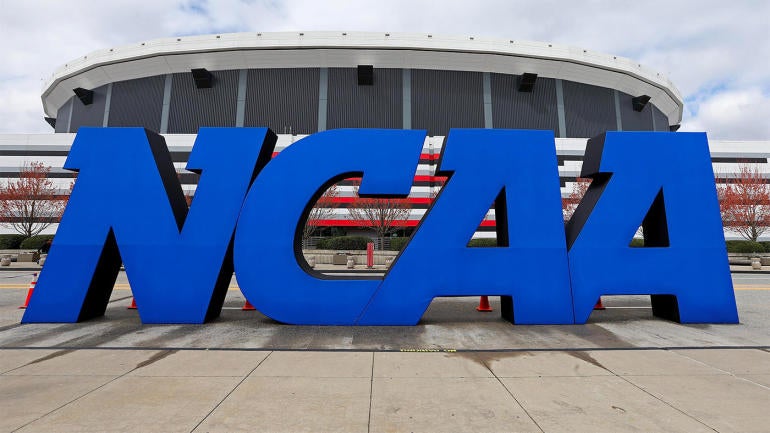
Black Division I college athletes allege their civil rights are being violated because their compensation is being capped. That's what a group of athletes states in a complaint filed Tuesday by the National College Players Association.
In the complaint to the U.S. Department of Education, the NCPA alleges "the industry-wide [NCAA] compensation limit causes a disparate impact on Black college students" among the 350 Division I schools. The association contends its position is "bolstered" by Supreme Court Justice Brett Kavanaugh's concurring opinion in the landmark Alston v. NCAA case.
"The NCAA and its member colleges are suppressing the pay of student-athletes," Kavanaugh wrote in June. "… But the student-athletes who generate the revenues, many of whom are African-American and from lower-income backgrounds, end up with little or nothing."
NCAA demographics show that 20% of all Division I athletes are Black. Approximately 56% are white.
Currently, the NCAA allows scholarships that include room, board, books, tuition, cost of attendance and educational benefits capped at $6,000 from that Alston decision. Athletes also have access to medical benefits and a student assistance fund. An interim policy allowing name, image and likeness rights has recently enhanced athletes' ability to earn money.
Capping compensation causes a "disparate impact" on Black college students, according to the NCPA's press release announcing the complaint.
"The Office of Civil Rights that's supposed to investigate, they have the authority to investigate and remedy [the disparity]," said NCPA executive director Ramogi Huma. "There are federal agencies that have the power to act to get us to our goals."
The complaint is similar to lawsuits filed over the years challenging the NCAA on antitrust grounds. The association was found in violation of federal antitrust laws in two high-profile cases -- O'Bannon v. NCAA in 2014 and Alston v. NCAA in 2021.
Last month, the NCPA filed an unfair labor practice charge against the NCAA, Pac-12, UCLA and USC supporting an initiative that players get employee status.
The NCPA is a non-profit athlete advocacy group based in California.
















